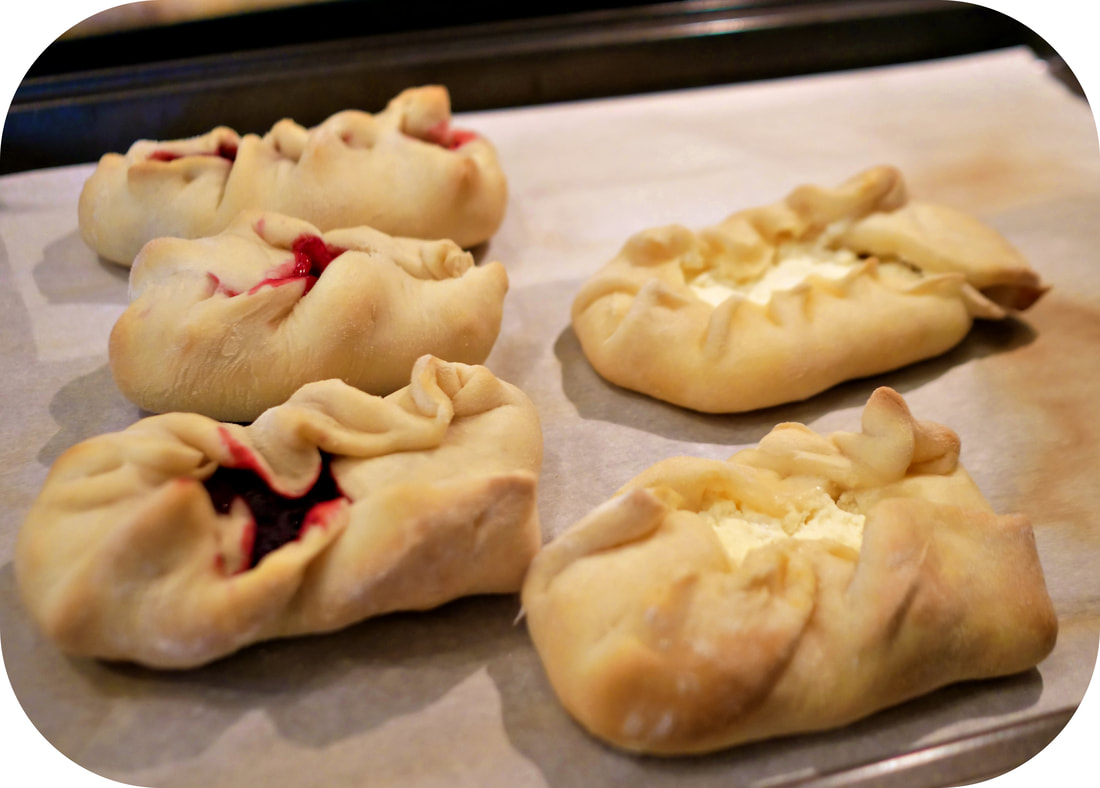|
In the 1700’s a new type of Christian was evolving in Russia and referred to themselves as “God’s People”. This group of peasant farmers believed that the Spirit of God resided in the soul of every person, not just one being. They also believed in equality, anti-authoritarianism, and pacifism. For the time, this was a radical view of the world.
By 1786 “God’s People” became known by the derogatory name Dukhobortsi a.k.a. “Spirit Wrestler” or one who fights against the Holy Spirit. However, they decided to adopt this name and worked it to their advantage, dubbing themselves as those who fought alongside the Holy Spirit and not against him. Their pacifist beliefs didn’t sit well with the Russian Tzar and these men were forced to fight in the war. After refusing, at Midnight on June 29, 1895, 7000 Doukabours burned their muskets to protest their conscription in the Russian army. This became known as “The Burning Of The Arms.” The first ever pacifist protest that is still celebrated to this day as Peter’s Day. For this, the men were beaten and jailed for their defiance. Eventually, after enough protests and defiance, a deal was made where the group could leave the country for good. In 1899 around 7500 Doukhobors set sail for Canada in what was the largest migration of a single group at one time in Canadian history. This number wasn’t surpassed until over 400,000 immigrants made their way to Canada in 2022, largely made up of Ukrainians who were also under persecution from Russia. It would seem history had repeated itself. After landing in Canada to open arms, these farmers made their way to Saskatchewan to restart their lives as farmers living communally, working the land, and educating their children at home. What started as a warm welcome, shifted to suspicion over their unusual ways, and again their lifestyle came under scrutiny by locals and the government. Eventually, pressures over land ownership became too much and they split into three groups: the Independents who chose to live and farm their homesteads individually; the Community Doukhobors, who chose to live and work communally, many of whom moved into British Columbia, and the Sons of Freedom, who rejected all materialism and earthly authority. The latter group took their beliefs to the extreme and began to protest material possessions entirely. They demonstrated this by marching the streets naked and burning their clothes & money. Naturally, this radical group made more headlines than the ones quietly farming the land, and in general, Doukhobors developed an unfavorable reputation. These days the Doukhobors as a whole are modernized and it’s more likely the family next door is of Doukhobors decent and maybe making Pirohi sometimes confused with Pyrahi in the kitchen on weekends and meeting up with likeminded descendants once a year on June 29th to celebrate Peter’s Day. I met up with Doukhobor descendant Jonathan Kalmakoff, the foremost Doukhobor researcher and writer of Doukhobor history, and his daughter Emily who invited me over to learn the history and some of the food. They taught me one of the historical dishes, Pyrahi (Hand Pie). The name is often confused with the Ukranian pyrogie. However, this meal is made from a soft, doughy shell filled with various savory ingredients like cottage cheese, beets, or beans. Or a sweet version made from options like apple, peach, cherry, etc. The skill of rolling out the dough, and folding it delicately to make a two-bite delight required a bit of a learning curve. But in the end, the light exterior and hardy center we delicious and could be eaten hot on the spot, saved for later, or frozen and re-heated months later. It is a bit like the lead-up to the development of the pizza pocket. Making them as a team while learning the history of the Doukobors was a nice combination of edible education. If you want to learn more about the Doukobors I’d suggest checking out Jonathan's website Doukhobor.org or listening to a podcast overview on Canadian History Ehx. https://doukhobor.org/ https://canadaehx.com/2023/02/28/the-doukhobors/...
0 Comments
Leave a Reply. |
Copyright © 2023 KIXMARSHALL.COM








